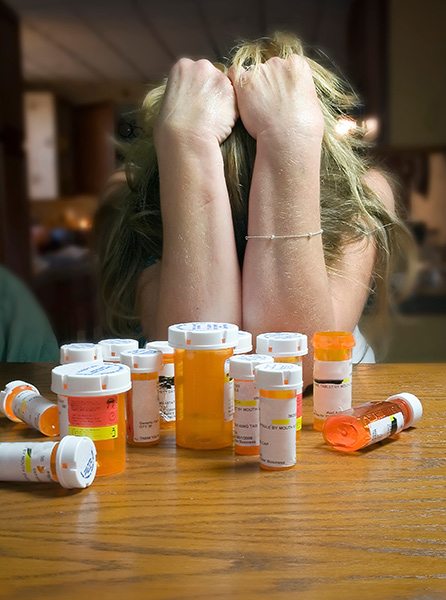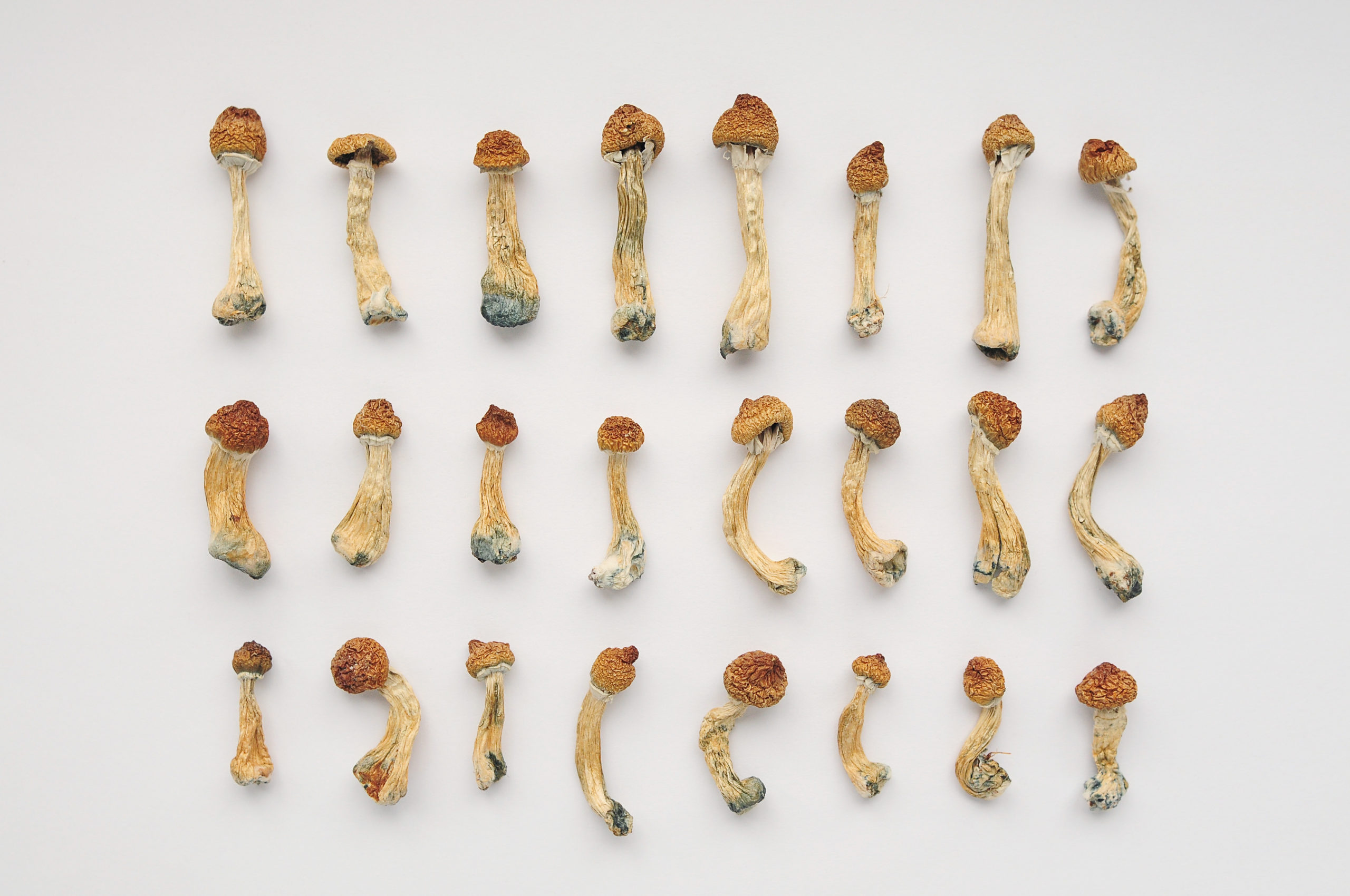What We Treat
Substance Use Disorders
What We Treat
What is substance use disorder?
Substance Use Disorder (SUD) is a chronic and progressive brain disease that can cause powerful and often debilitating physical and psychological cravings for alcohol or other mind-altering substances. SUD is characterized by an inability to stop or control the amount or frequency despite adverse social, occupational, or health consequences. These symptoms can range from moderate to severe, with addiction being the most severe form. Changes to the brain caused by alcohol use or other substances make individuals extremely vulnerable to relapse.
These disorders structurally change the brain to distort thinking and perception, resulting in issues with behavioral control, judgment, decision-making, learning, and memory. Because of their compulsive and uncontrolled substance use, individuals with these disorders, and quite often, their loved ones, suffer enormous negative life consequences as a result.
While risk factors for substance use disorders are complex and differ for each individual, factors include a genetic predisposition for substance abuse, underlying mental illness, a history of family addiction, or personal trauma.
These disorders may vary depending on the substances used, here are some typical behaviors that are common with all types of substance use:
- Unusual shifts in behavior
- Psychosis
- Physical pain withdraw
- Grand mal seizure
- Mood swings and unusual moods
- Changes in social circles and friends
- Withdrawal from family and friends
- Lack of interest in normal activities once enjoyed
- Challenges at work, at school, and in relationships
- Eating and sleeping changes
- Neglecting personal care and hygiene
- Visible signs of intoxication such as poor coordination, slurred speech, confusing speech patterns
- Unusual odors on clothing

Types of Substance
What We Treat
Alcohol
Excessive alcohol consumption increases the risk of serious health conditions such as heart disease, brain and liver damage, and hypertension and can cause health issues related to intoxication behaviors and withdrawal. Criteria for diagnosis include an inability to control alcohol intake, developing a tolerance, and/or developing withdrawal symptoms.
What We Treat
Opioids
In recent years, the U.S. has seen a dramatic increase in the use of opioids, which are substances used to relieve pain in healthcare settings. Opioids work by binding to receptors in the brain or body to reduce pain signals going to the brain. Opioids include prescription drugs such as hydrocodone (Vicodin®), oxycodone (OxyContin®, Percocet®), codeine, morphine, as well as illegal substances like heroin. Misusing opioids can lead to physical dependence, severe respiratory depression, and even death.
What We Treat
Cannabis
Excessive use of cannabis, or marijuana, can lead to problems with memory, learning, and perception, as well as loss of motor coordination and difficulty with thinking and problem-solving skills. Excessive use of cannabis in youth can also increase the risk for cognitive difficulties and mental illness.
What We Treat
Stimulants
Stimulants include amphetamines, methamphetamines, and cocaine. Stimulants increase alertness, breathing, blood pressure, and heart rate. Misuse can lead to overly elevated body temperature, seizures, and heart failure, as well as psychological symptoms like hostility and psychosis.
What We Treat
Hallucinogens
Hallucinogens are substances that distort perceptions of reality and cause hallucinations. Hallucinogenic substances include chemically synthesized substances like MDMA (also known as Ecstasy), phencyclidine (PCP), and lysergic acid diethylamide (LSD), as well as naturally occurring substances like psilocybin mushrooms, peyote, or mescaline.





